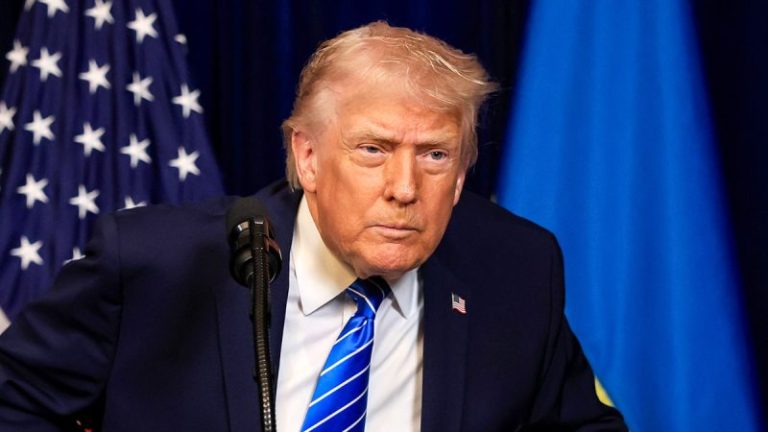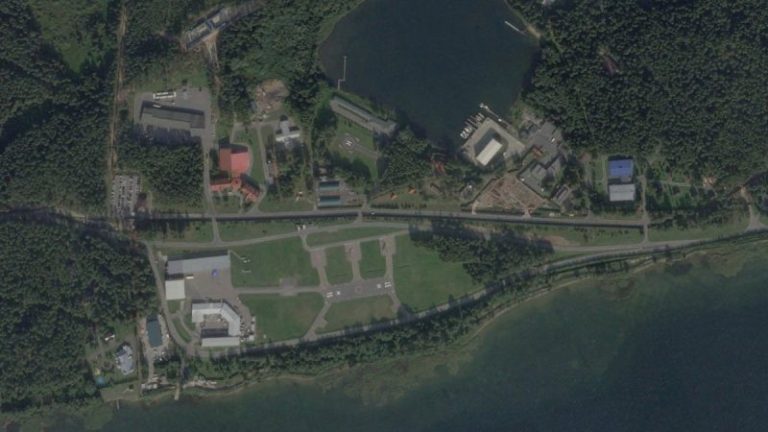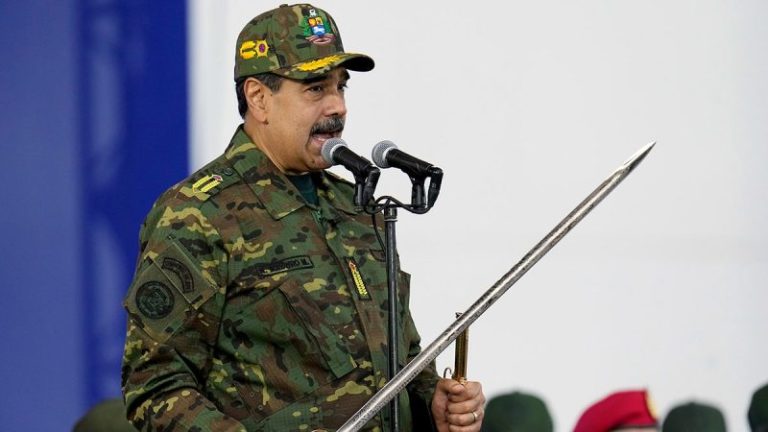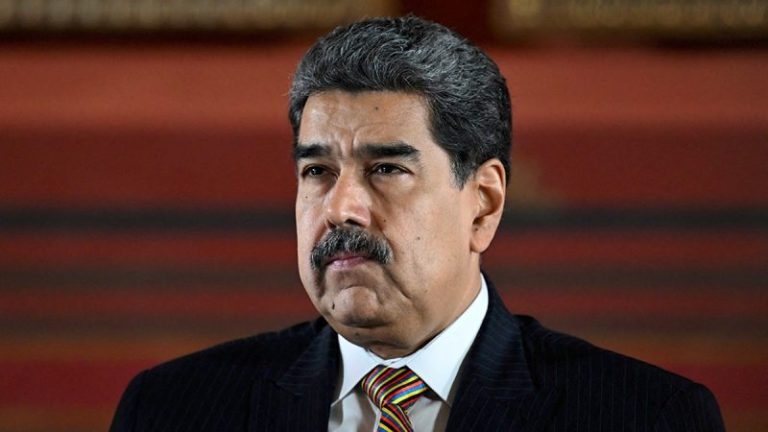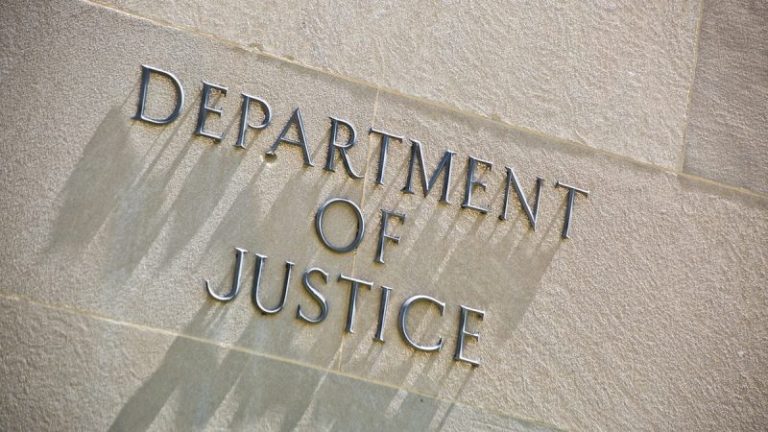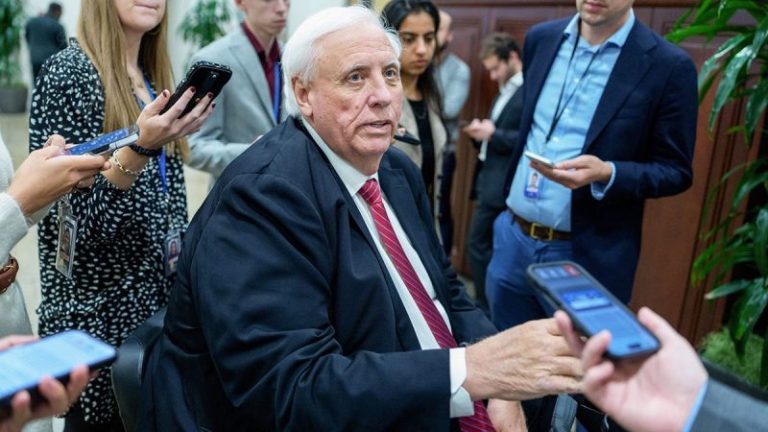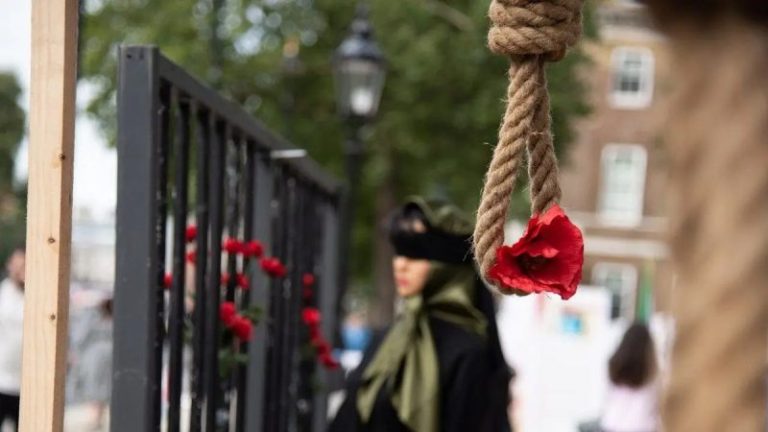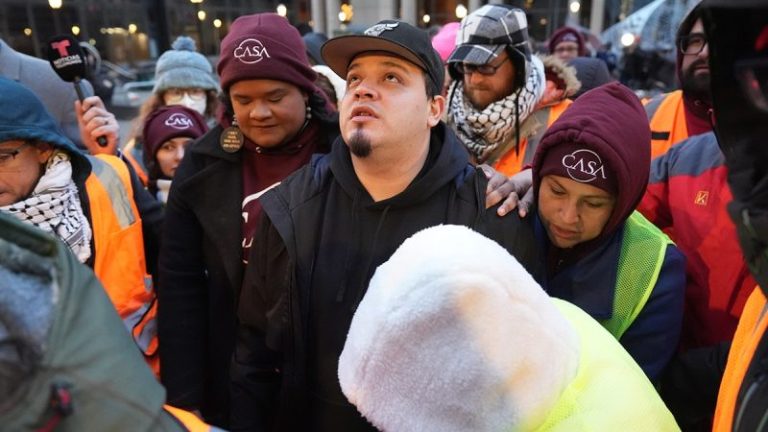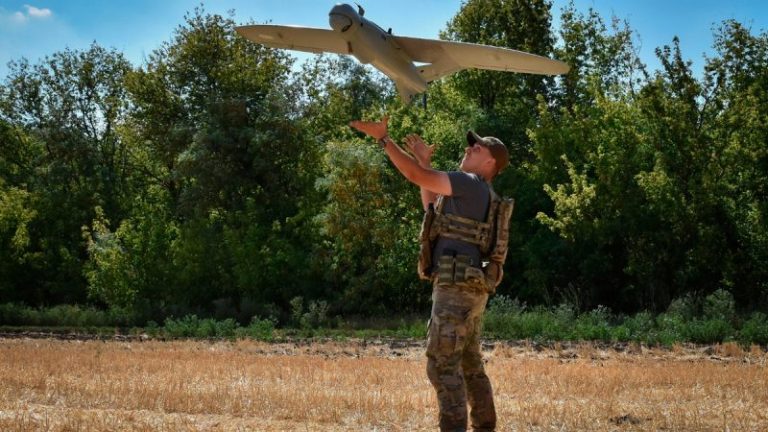President Donald Trump claimed that California and Minnesota are both rife with fraud, slamming the two states and their respective governors as ‘Crooked.’
‘There is more FRAUD in California than there is in Minnesota, if that is even possible. When you add in Election Fraud, then they are tied for first. Two Crooked Governors, two Crooked States!’ the president asserted in the post on Wednesday, referring to California Gov. Gavin Newsom and Minnesota Gov. Tim Walz.
Trump also slammed Rep. Ilhan Omar, D-Minn., in a Truth Social post on Wednesday.
‘Much of the Minnesota Fraud, up to 90%, is caused by people that came into our Country, illegally, from Somalia. ‘Congresswoman’ Omar, an ungrateful loser who only complains and never contributes, is one of the many scammers. Did she really marry her brother? Lowlifes like this can only be a liability to our Country’s greatness. Send them back from where they came, Somalia, perhaps the worst, and most corrupt, country on earth. MAKE AMERICA GREAT AGAIN!!!’ he declared.
Fox News Digital reached out to the offices of Omar, Newsom and Walz to request comment but did not immediately hear back.
The president’s comments come in the wake of reporting alleging massive fraud in Minnesota.
‘We have frozen all child care payments to the state of Minnesota,’ Deputy Secretary of Health and Human Services and acting Centers for Disease Control and Prevention director Jim O’Neill declared in a Tuesday post on X.
‘You have probably read the serious allegations that the state of Minnesota has funneled millions of taxpayer dollars to fraudulent daycares across Minnesota over the past decade,’ he noted. ‘I have activated our defend the spend system for all ACF payments. Starting today, all ACF payments across America will require a justification and a receipt or photo evidence before we send money to a state.’
Walz responded to the move by blasting Trump.
‘This is Trump’s long game. We’ve spent years cracking down on fraudsters. It’s a serious issue — but this has been his plan all along. He’s politicizing the issue to defund programs that help Minnesotans,’ Walz asserted in a post on Tuesday to his official governor’s X account.
In a follow-up post Wednesday to his personal account, Walz declared, ‘While Minnesota has been combating fraud, the President has been letting fraudsters out of jail. Trump’s using an issue he doesn’t give a damn about as an excuse to hurt working Minnesotans.’

